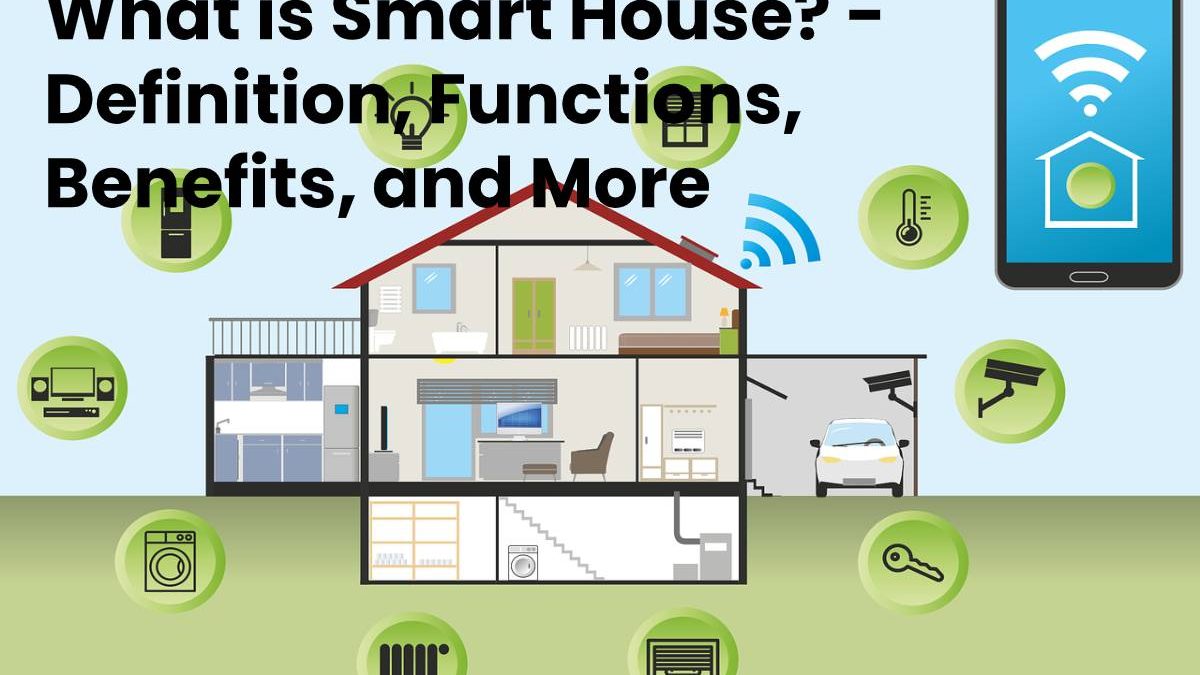Table of Contents
Definition Smart House
A house with Home automation or domotics is called a [smart house]. A home automation system controls climate, lighting, appliances, and entertainment systems. It can also include home security, like alarm systems and access control when connected with the Internet.
A house is smart when a series of electronic systems, sensors, and devices have gets installed so that we can easily control it, even remotely, and the house performs specific actions on its own.
An example of this is the management of heating and air conditioning so that our home always has a comfortable temperature, whatever the time of the year.
According to Bloomingair.com, we can achieve this through the installation of temperature sensors and their connection to a computer or a dedicated device, which, once we have programmed it by deciding which temperature is best for us, sends orders to the heating or air conditioning devices.
This technique is familiar to home automation.
The Internet of things IoT
Home automation is beneficial since we can link various automatisms using domestic wiring, sometimes with cable inside the walls. The technological advance has brought us wireless connectivity and miniaturization, which have allowed the extension of the concept of home automation to many other aspects, even outside the home, giving rise to what in English has been called the Internet of Things. Abbreviated as IoT by its acronym.
Currently, and under the IoT umbrella, some devices allow you to control almost everything imaginable, either automatically or by facilitating human control.
The essence of the smart home: to do things for herself
The smart home works by the combined efforts of the most advanced technology, interior design, and architecture. That allows the automation in an unattended mode of specific domestic tasks. But also on the condition that there may be supervision or fix the objectives by residents.
Benefits
The energy-saving
Since the multiple sensors, they have been distributing throughout the home are more reliable than the human sensation. Precisely the energy they need to heat or cold, in the specific house.
Provide us more time
By automating specific tasks, we stop thinking about them. If we wake up every morning at a particular time, the same house can raise the blinds and start heating the coffee. So that we can save this time to get to work a little earlier or sleep five more minutes!
Allow us the remote control
Turn on the air conditioner ten minutes before we get home so that when we enter it, it is priceless
Increase our security
Cameras, motion sensors are elements that warn us of intrusions and suspicious movements even when we are absent.

